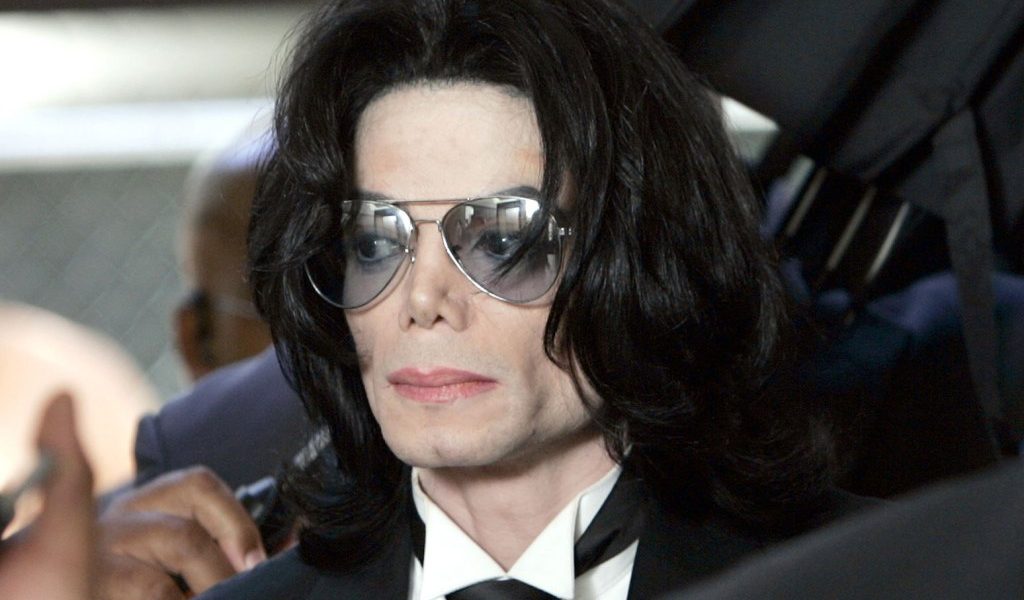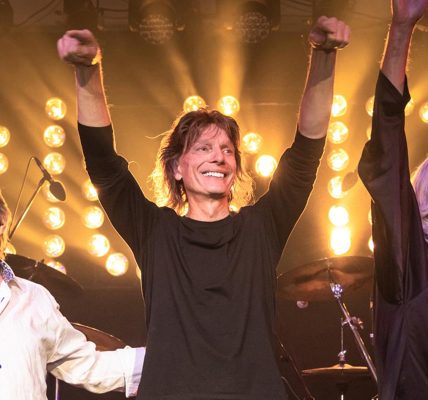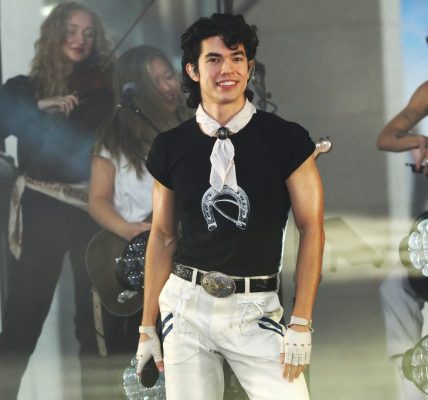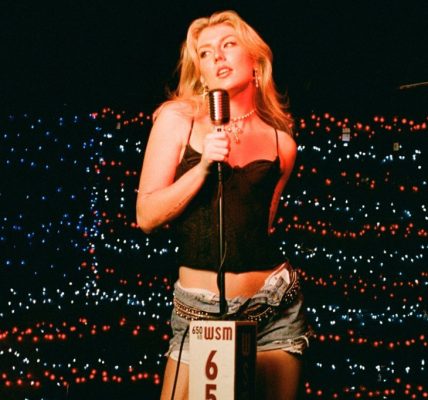Director Dan Reed is set to embark on an exciting new chapter in his compelling Leaving Neverland series, which focuses on the serious allegations of sexual abuse against the late pop sensation Michael Jackson. This upcoming film will delve deeper into the harrowing stories of dancer and choreographer Wade Robson and James Safechuck, who have bravely come forward with their experiences. The continuation of this documentary series aims to shed light on the complexities surrounding these allegations and the personal journeys of the individuals involved.
According to a report by Variety, the highly anticipated sequel will concentrate on the forthcoming legal battle, where Robson and Safechuck will confront Jackson’s companies in court. They allege that these organizations failed to protect them from the abuse they claim to have endured, as detailed in the groundbreaking 2019 two-part documentary. In the original film, both men provided chilling accounts of the alleged molestation they experienced as minors at Jackson’s famed Neverland Ranch in California. The estate of Jackson has persistently and vehemently rejected these allegations, maintaining his innocence throughout.
The forthcoming third installment is a direct sequel to Leaving Neverland 2: Surviving Michael Jackson, which is slated for release on Channel 4 in the U.K. on March 18, followed by a debut on YouTube in the United States. This 50-minute documentary will primarily highlight the legal struggles faced by Robson and Safechuck as they aim to advance their lawsuit against Jackson’s estate. With the trial expected to commence next year, the film promises to provide an in-depth look at their quest for justice.
“It has taken an incredibly long time just to reach a trial date that actually seems feasible,” Reed shared with Variety, expressing his desire to have cameras present in the courtroom. He remains skeptical, however, about the Jackson estate’s potential efforts to thwart the trial from occurring. “I believe they will try to find a way to derail this entire process and prevent it from reaching the courtroom… However, there is always a chance that justice could prevail, and if there is a trial, I intend to be there,” he stated passionately.
While anticipation builds regarding the courtroom proceedings, Reed acknowledges that the judge presiding over the case holds the ultimate authority on camera access. “The decision rests solely with the judge,” he explained. Reed had previously been granted permission to film inside the Santa Monica Courthouse for various hearings featured in Leaving Neverland 2, which primarily explores the legal negotiations leading to the trial for Robson and Safechuck.
Describing the upcoming film, Reed noted, “This is a crucial transitional film that bridges the gap between what has been a highly publicized beginning and what I hope will culminate in a dramatically impactful conclusion.” He elaborated, “We could have included all of the material and the trial within one film. However, I believe the trial will be so gripping that it deserves its own dedicated focus, leaving no time for the surrounding details.”
The original Leaving Neverland documentary received an Emmy Award for outstanding documentary or nonfiction special. Despite its acclaim, it faced significant backlash from Jackson’s family and estate, culminating in a $100 million lawsuit filed by the estate against HBO in 2019. The lawsuit claimed that the documentary breached a 27-year-old non-disparagement agreement linked to the airing of a concert film from Jackson’s Dangerous World Tour. This case was subsequently referred to private arbitration, where it remains unresolved.
Jackson’s estate has consistently refuted the various allegations of sexual abuse leveled against the famed artist, who passed away in 2009. They frequently highlight that Jackson was acquitted in a 2005 criminal trial and has never faced a conviction or been held accountable for such claims. Additionally, the estate contends that the accusers are motivated by financial gain from an artist who is no longer able to defend himself, as defamation laws do not extend protections to deceased individuals.
As for his motivation behind the third installment, Reed expressed his commitment to continuing the narratives of Robson and Safechuck. He believes their experiences will help audiences “understand that these are real individuals with authentic stories and genuine families. This isn’t just about two people seeking a financial windfall; they have devoted at least a decade of their lives to pursuing justice and bringing their truth to light.”





